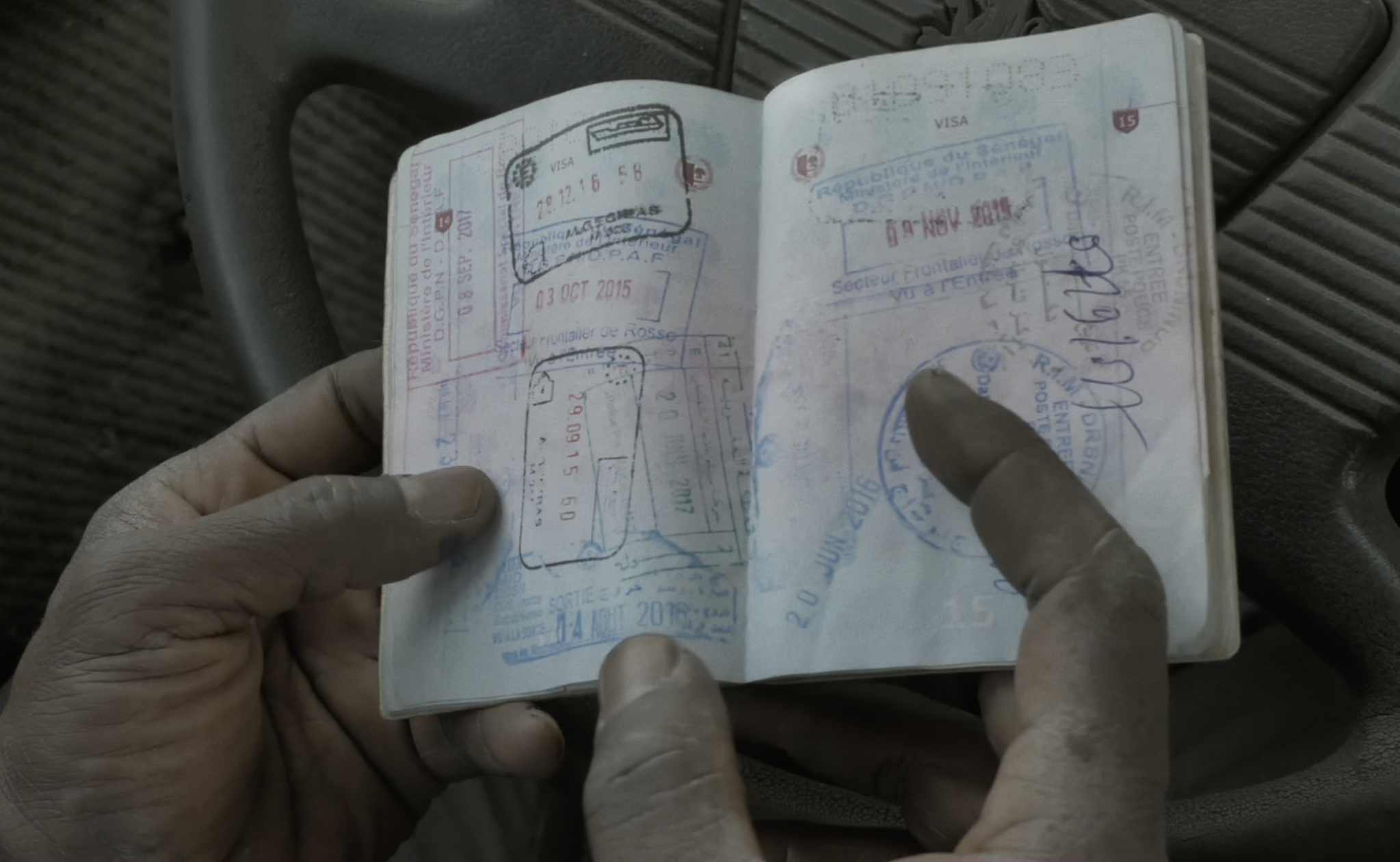Workshop: Multimodal futures(?) | 06 October 2022 | 15:30- 17:00 | Leiden [Registration closed]

Roundtable with the participants of the International Multimodal Workshop : “Researching and publishing strategies for multimodal interventions in the field of migration, borders and security technologies”
An STS-MIGTEC initiative hosted by ReCNTR, Leiden University. The workshop is made possible with the support of the EASST Fund in collaboration with Instituto de Ciências Sociais (ICS), University of Lisbon
Event description:
After a one and a half day workshop the final roundtable comes back to the initial question: “How do multiple forms of engagements with border and migration control regimes imagine and make a difference on the matters they critically engage with?”. With multimodal interventions, we refer to research engaging with creative audio-visual utterances, which span across the broader spectrum of media genres and formats including e.g. installations, documentary, film, podcasts, soundscapes, memes, graphic novels, mapping exercises, creative storytelling. Multimodal interventions may have the potential to make a difference in practice, including in the living conditions of migrants, as well as conceptual reflections on such collaborative initiatives. We reflect on a diversity of approaches with regards to the purposes and ambitions of interventions, but also with regards to their methodologies and formats. The roundtable will be kicked off with a couple of inspiring examples to help us envision the many possible and desirable multimodal futures that can inspire how we engage with matters of migration, borders & technology.
Kick-off interventions
Laura Forlano
Laura will share an example of a robotic sculpture that uses data from her insulin pump that she has been collaborating on with a multimedia artist.
Laura Forlano is a Fulbright award-winning writer, social scientist and design researcher. She is an Associate Professor of Design at the Institute of Design at Illinois Institute of Technology. She is an editor of three books: Bauhaus Futures (MIT Press 2019), digitalSTS (Princeton University Press 2019) and From Social Butterfly to Engaged Citizen (MIT Press 2011).
Pedro Neto
Based on the co-authored documentary feature-film YOON (2021), Pedro will think on how the film and its related unused materials inspired an installation and further reflections on borders, waste, and migration.
Pedro is an anthropologist and award-winning filmmaker, research fellow at the Instituto de Ciências Sociais da Universidade de Lisboa (ICS-ULisboa). He has conducted extensive research in Southern Africa (Angola, Zambia and Mozambique) and West Africa (Senegal and Guinea-Bissau) on topics such as forced displacement, migration, mobility, borders, refugee camps, development and violence. Recent audiovisual work includes: Guadiana in Four Movements (2022); YOON (2021); Abyssal (2021); Withering Refuge (2020). More at http://pedrofneto.com
Nina Amelung
Nina will briefly portray selected examples of multi-modal interventions shared during the workshop by other workshop participants to showcase the ambitions and challenges of multi-modality in the context of matters of migration, border and technology.
Nina Amelung is a sociologist, research fellow at the Instituto de Ciências Sociais da Universidade de Lisboa (ICS-ULisboa), researching at the intersection of science and technology studies and critical migration/border/security studies. She is co-founder of the independent international research network sts-migtec.org. Her work is driven by the curiosity to learn, experiment and critically reflect about new forms of collaborative engagements with different publics.
The roundtable is not intended to be a plenary, but to build on the input of all participants:
Nina Amelung, Laura Forlano, Irene Gutierrez Torres, Amade M’charek, Fredy Mora Gámez, Andrew Gilbert, Pedro Neto, Ildikó Plájás, Francesco Ragazzi, Rune Saugmann & Ariel Caine, Mark Westmoreland, Jonathan Austin, Shirley van der Maarel, Ruben van de Ven & Cyan Bae.
REGISTRATION: Now closed
About the workshop
Inspired by emergent discussions in Science and Technology Studies (STS) on experimental collaborations (Estalella and Criado 2018; Lippert and Mewes 2021), and making and doing (Downey and Zuiderent-Jerak 2021), this workshop focusses on alternative co-creative research and dissemination strategies that have the potential to reach beyond the walls of academia and intervene in broader public discussions. The workshop explores diverse approaches and methodologies of critical epistemic engagements and interventions with matters of migrations, borders, and technologies. Our quest for multi-modal collaborations and interventions has the primary scope to widening the reach of STS scholarship across fields, to facilitate knowledge production with societal partners such as media makers, artists and engagement with wider expert and non-expert publics. Thereby we aim to explicitly confront and discuss with invited experts specific experiences, visions and challenges of knowledge production based on multi-modal interventions, including (the lack of) acceptance of multi-modality as non-conformist scientific practice, publishing strategies, alliances with non-academic partners, etc. Workshop participants share their experiences and think with us about best practices in multimodal collaborations, publishing and dissemination.
Organised by Ildikó Plájás (Leiden University), Nina Amelung & Pedro F Neto (ICS-University Lisboa)
For any other questions please get in touch with the organisers via email: nina.amelung@ics.ulisboa.pt, i.plajas@uva.nl, pedrofneto@ics.ulisboa.pt
Image credit: Still from YOON @CRIM films